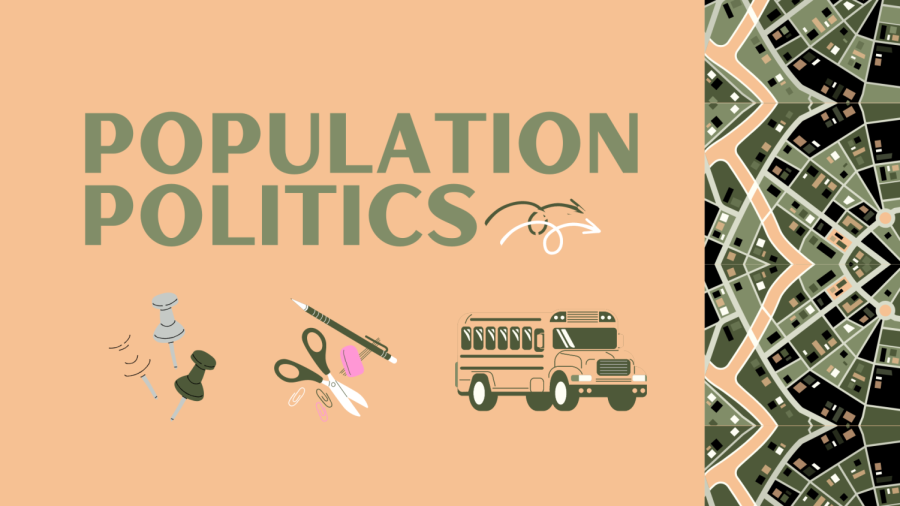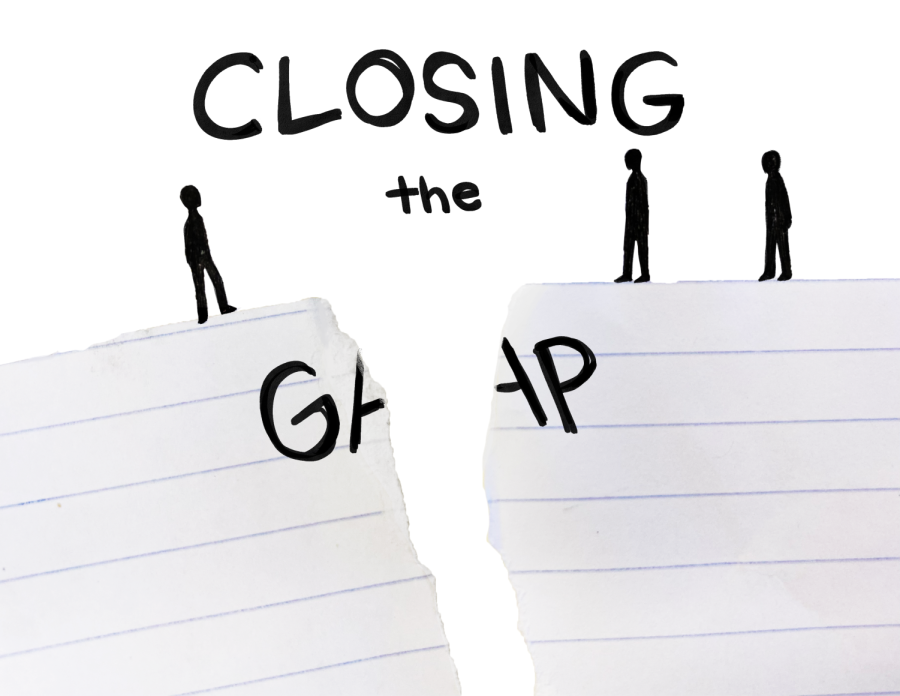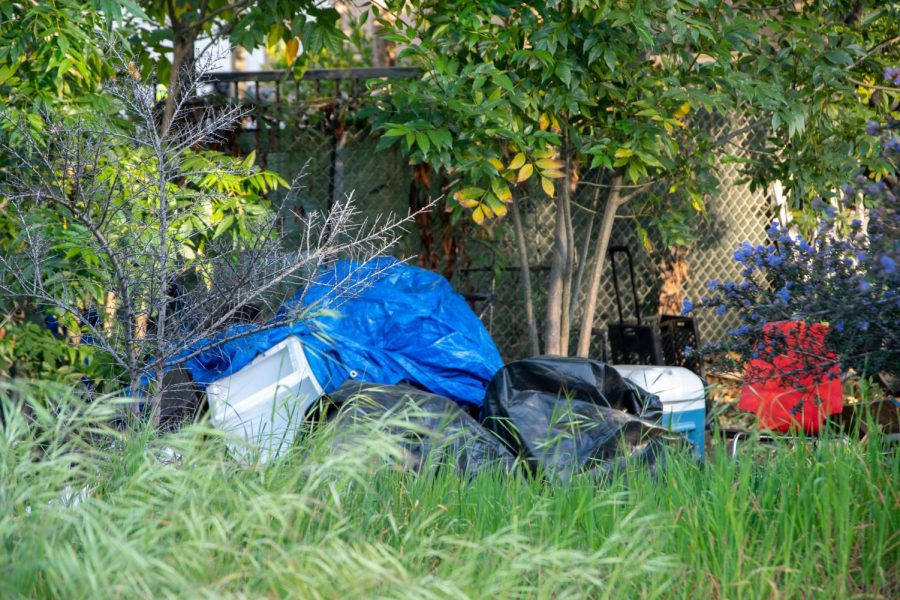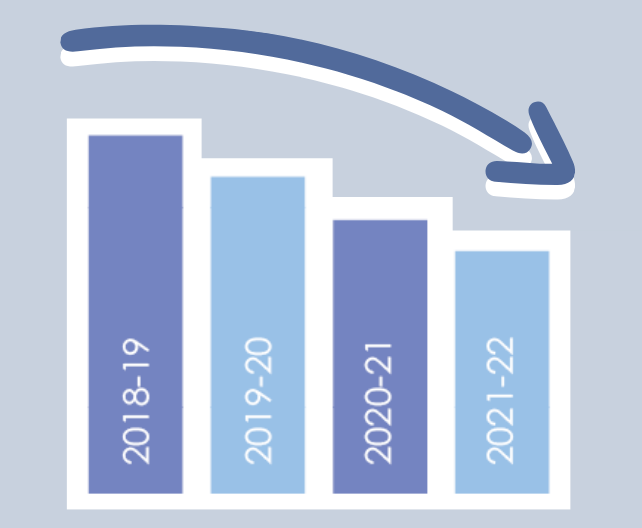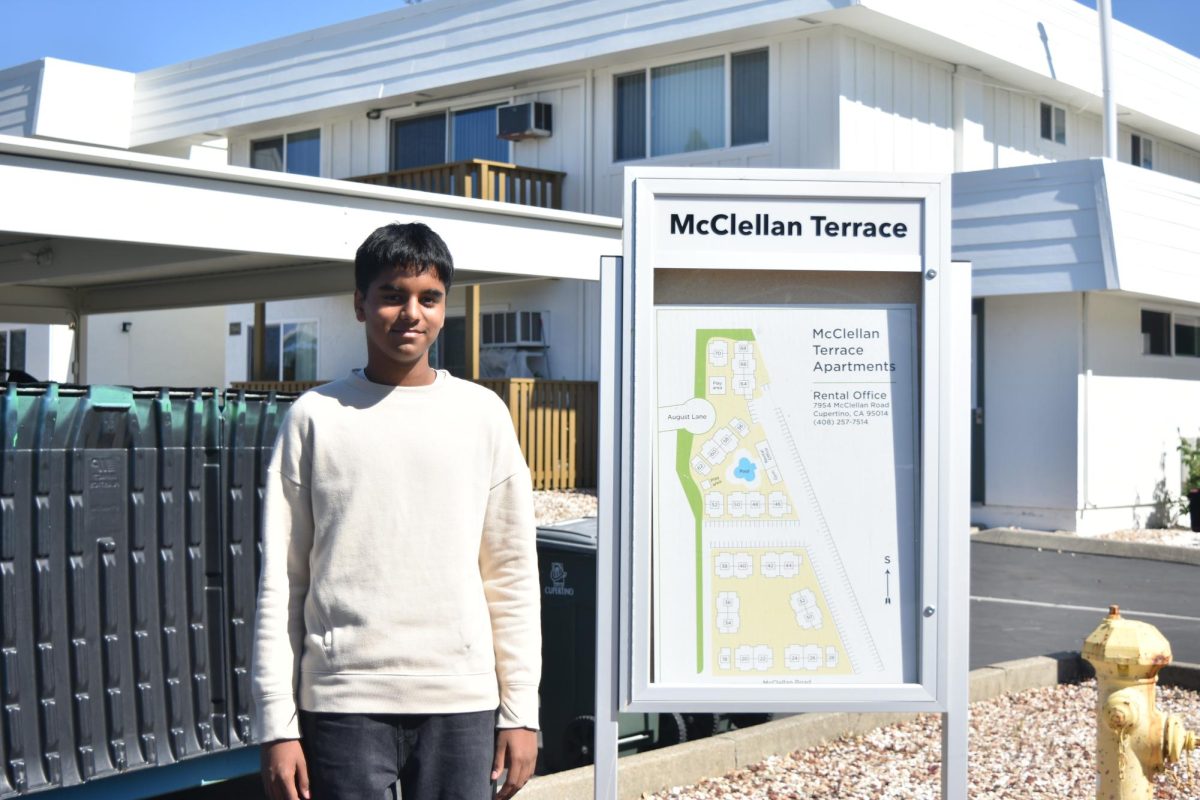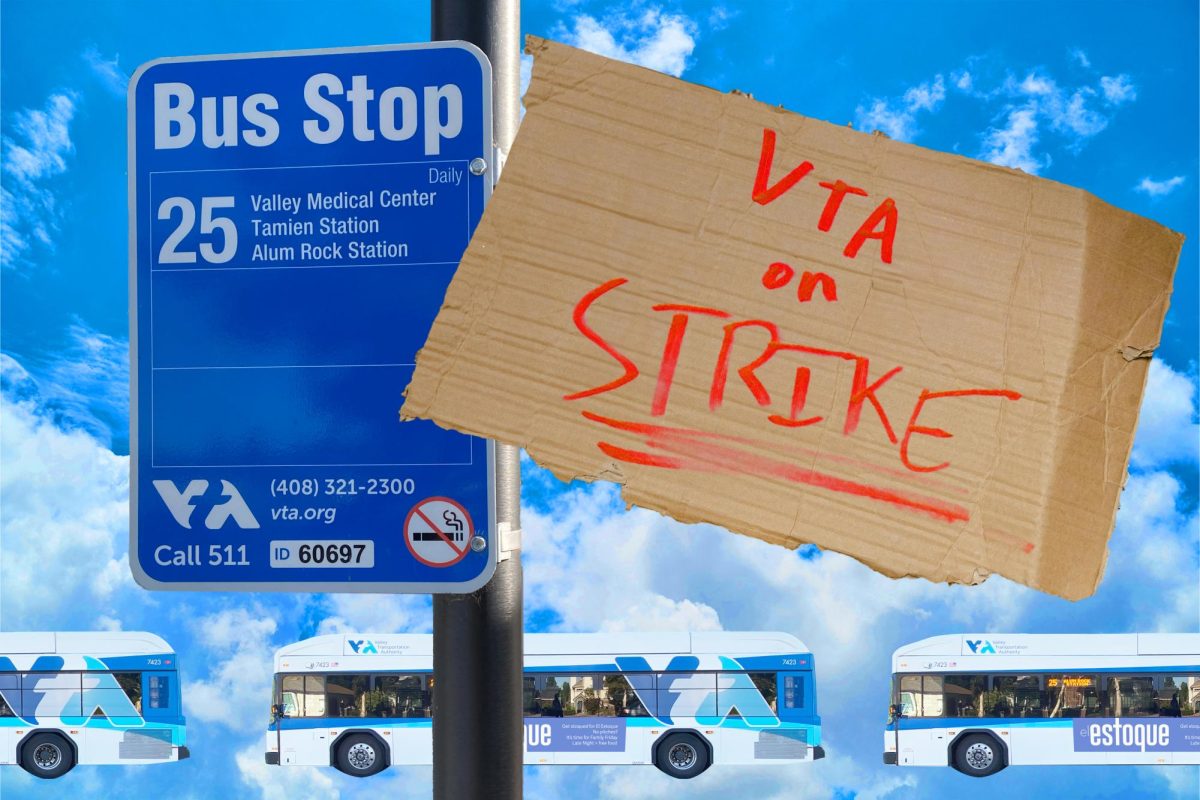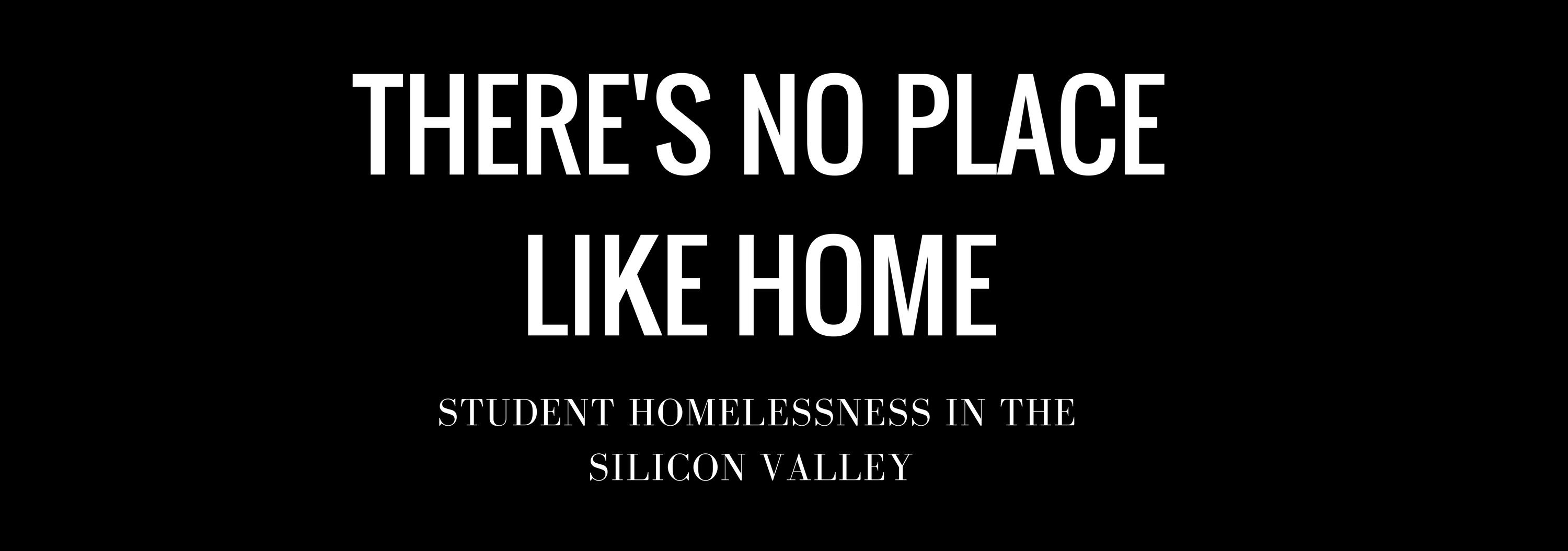
conomics Teacher Pete Pelkey knocks his fists on the compact student desk, imitating the sound of the police interrupting his sleep as they tapped on his car window late at night.
They would make him get out of his car, roll up his sleeves and check for track marks. Finding no evidence of heroin use, they would investigate his car only to find his paramedic uniform. Kicking him out of the alleyway was their final course of action, and they’d make a point to follow him until they lost interest or found another alleyway. Once the cops left him, Pelkey took his own course of action: returning right back to the alley.
Pelkey had gotten use to this endless routine during his stay in Los Angeles as a paramedic student and homeless citizen.
Now a teacher, Pelkey comes into contact with thousands of students. They pass him the hallway or see him rush through the academic court during lunch without a second thought. His experience in the past as a homeless person is unknown to them. In the FUHSD district, homelessness is not a widespread issue. Nor is it a commonly discussed issue. It’s not something that seems to affect many students.
However, according to Jason Crutchfield, the director of business services at the FUHSD District Office, the issue is a concern for students in this district.
Students who are homeless are protected under federal legislation called the McKinney Vento Act. Originally passed in 1987, the act consisted of 15 programs providing a range of services to homeless people, including emergency shelter, transitional housing, job training, primary health care, education and some permanent housing.
As of now there are 35 students that fall under McKinney Vento in the FUHSD district, but this only includes the students who have come forward about their living situations. Crutchfield believes the number is higher at least 100 to 300 students who are either not technically homeless or simply don’t want say they are.
“I think the reason this legislation, the McKinney Vento Act, [is] so important is it guaranteed some rights to these students but at the same time recognized their dealing with some factors, like foster youth, that are beyond their control, that make going to school very hard,” Crutchfield said.
According to Crutchfield, homelessness is often seen in a specific light: sleeping on the streets. However, more often, FUHSD schools deal with students who are between homes, like those who couch surf. Double ups are also frequent, when two or more families live under the same roof until they become stable enough to find a place of their own. There are also tragic situations such as a fire burning down apartment buildings, creating emergency homelessness.
Then comes a unique problem the district must deal with: the expense of Silicon Valley.
According to Mary Pope-Handy, a realtor in Silicon Valley, homes in Cupertino have been selling, on average, for 1.95 million dollars. Saratoga sales average 1.9 million dollars, while Sunnyvale’s average price is 1.42 million.
Despite these booming prices, families yearn to send their kids to the schools in these areas, finding themselves stuck in what an anonymous student describes as a grueling situation. For purposes of securing her anonymity, we will call her Abigail.
Abigail moved from San Francisco when she was six-years-old, relocating to a house they were renting that was closer to the restaurant her parents owned in Cupertino. Aside from the restaurant being close to them, there were many educational opportunities in this city. After two years living in Cupertino, however, the restaurant began to face some financial struggles; already failing, the restaurant was robbed. The money in the cashier — gone. The bag of money her family kept in the restaurant — gone. Her family’s economic stability and security — gone. In just a couple of months, her family had to shut down their business. Ever since, Abigail and her family have been struggling financially.
Recently Abigail realized they might not even be paying rent for the house they are currently living in. In ninth grade, her family bought a dog, which they weren’t allowed to do since the owner wouldn’t let them. Later, her dad started nailing up different things on the wall. All of these rules being overlooked built up her and her sister’s suspicion. But it was only later that she and her sister realized that they haven’t seen the owner in almost five years.
“I think [the owner] just left the house there,” she said. “Because if we had to pay rent we would definitely be in a bigger [financial] situation than we are in now. I honestly think we wouldn’t be living here [if we did pay rent].”
Crutchfield describes the benefits a student under McKinney Vento can receive. But then there are the other families, such as Abigail’s, that struggle just above the line of affordability. On paper, she has a place to return to: a house her family rents. But all the while she’s never been well-off, between her family’s move, her dad’s restaurant failure and her mom’s job switch, they have been struggling to make ends meet.
“When I go out with my friends, I sometimes feel guilty buying extra stuff because I try not to,” she said. “We don’t give gifts on birthdays or celebrate Christmas or give Christmas gifts. Even for Chinese New Year we don’t give out money unless it’s something like at most 20 bucks. With my family we go out to dinner maybe when it’s someone’s birthday— we really try not to. We try to preserve our food so we donít have to go grocery shopping.”
However difficult her family’s situation is, Abigail’s parents would rather wait until her graduation to move back to San Francisco. In a similar manner, Pelkey chose to push through his own situation in LA.
He would bathe at the community showers at LA’s beaches. At night, alleys were his sleeping ground as well as his bathroom. His lunches consisted of half an orange, the other half saved for dinner. His life became three things: passing paramedics school, keeping gas in his car and staying alive.
“Oddly enough, because you’re so hungry, safety isn’t a concern,” Pelkey said. “You’re not really worried. You don’t worry about being killed or the bad neighborhood. It’s just not a concern. You are lonely all the time. You’re only by yourself. People don’t see you. You are invisible when you’re homeless. People don’t look at you —they don’t make eye contact.”
Sometimes, near the gas station, he would walk by Korean markets. He debated whether or not to grab food he saw and run, well aware of the fact that the man behind the counter had a gun.
“If he doesn’t shoot me in the first couple of shots, I might be able to survive and that’s food,” Pelkey said. “You’re getting to a point where if you don’t get food, you’re going to die. The morality of stealing or not goes away”
However, Pelkey acknowledges the fact that he could have avoided his difficult situation. His parents were always a phone call away, able to step in and provide money for their son, but Pelkey found himself unwilling to pick up the phone.
Many families, however, don’t have that much of a choice, which is where the McKinney Vento Act comes in handy.
With this act, the district provides students free bus passes, breakfast, lunch and a yearly supply of school materials — anything students need: notebooks, backpacks, paper, pencils, hygiene kits containing soap, toothbrushes and shampoo as well as food donations during the holidays. If students want to voluntarily participate in an event for school that requires a fee like a prom bid, Crutchfield does his best to ensure that they have the opportunity to participate.
But the system isn’t perfect: among the situations the administration hasn’t been able to solve yet — defining income brackets and establishing an efficient laundry system — it’s hardest to reach out to families who need help. This can be due to how intimidating and bureaucratic getting aid can be, the stigmas attached to financial aid or more importantly, the family’s pride.
Years of financial instability followed, with Abigail’s dad attempting a variety of side businesses, but ultimately failing. Whenever she tries to talk about their current financial situation with her parents, they evade her and her sister’s questions — her dad once walking out of their house when they tried to talk employment options after his restaurant failed. This lack of communication frustrates her because her family insists on pretending things are manageable, when to her the secrecy has only exacerbated the stress they’ve all felt.
Many families find the high housing prices worth the education the district provides. Abigail, however doesn’t feel that all of the stress of their situation is worth her education.
“The education isn’t that big of a difference; it caused a lot of stress for my family,” she said. “I don’t think it was worth it at all.”


